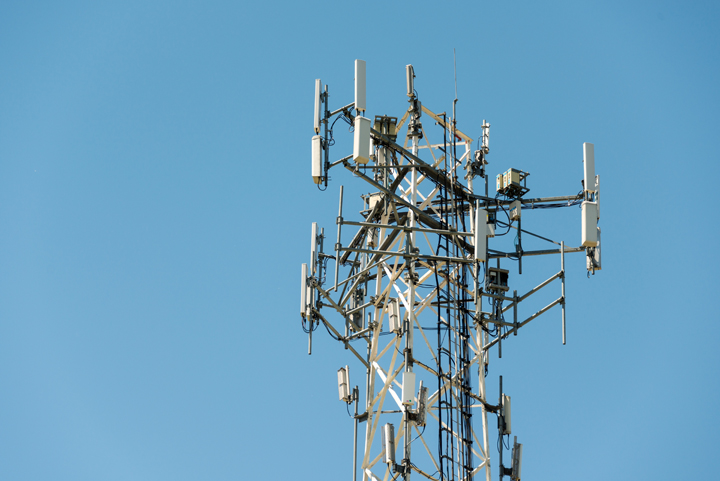A Bell MTS customer living north of Dauphin is frustrated with the company’s plans to switch to LTE service in her area at the end of the month.

Fork River resident Lorna DeVos said she has had relatively reliable service on the CDMA system for years.
But that’s changed.
Bell MTS sent her a new phone to use as it swaps over to LTE on Apr. 30 — but DeVos said she can’t get a signal on it, and her old phone stopped receiving a signal on the CDMA network on Wednesday, despite the service remaining in place until the end of April.
“(The new phone)’s still not working — to be honest, I don’t ever expect it to,” she told 680 CJOB Friday. “We have tried other phones on the LTE system before the CDMA was shut down, and the range always quit about 25 kilometres south of where we live.”
“I’m not expecting this one to work as well.”
DeVos said she hasn’t received any answers from the service provider to explain why both of her phones aren’t working. Where she lives is flat, she said, so there’s no physical structure that would account for a blocking of the signal.

Get daily National news
“It was poor to mediocre at best before, but at least you could move around a little bit — maybe half a mile or a mile — and pick up a little bit of signal,” DeVos said, noting she pays $57 a month for her phone.
WATCH: Poor cellular service hampers fire fighting effort (Sept. 2018)

In a statement, Bell MTS implied DeVos may have been one of a few Manitobans not fully served by the old network.
“In some areas of rural Manitoba which were never formally covered by our CDMA network, customers may have been able to pick up intermittent signals from nearby communities. This may not always be the case on the new network,” spokesperson Andrew Parkinson wrote.
But DeVos said that’s unacceptable — not just for regular customers like her, but for emergency services personnel.
“Our first responders are the most impacted — I mean we ourselves can’t phone 911 if we see there’s a problem — but even if somebody could, they also relied on that system so they aren’t able to communicate with each other.”
DeVos said she’s reached out to Bell MTS but hasn’t heard back directly, saying the people who answer the phones and work at the stores aren’t the ones responsible for making decisions on coverage, leaving her — and others in her area — “at a sort of impasse.”








Comments